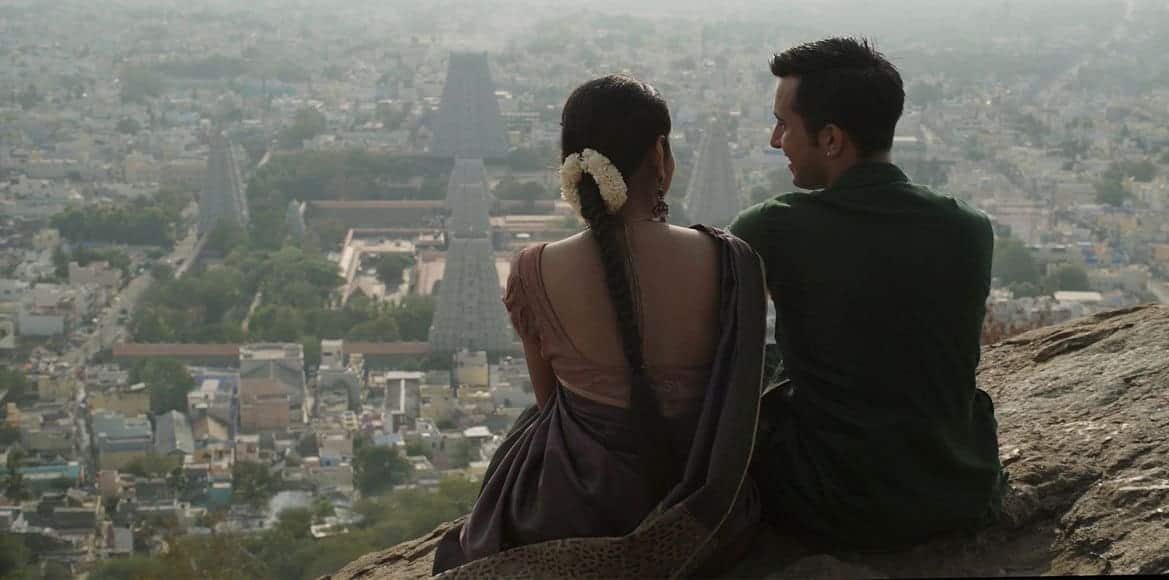“Transgression” tells the tale of two young Buddhist monks struggling to fit in, due to their care-free and mischievous nature. Further complicating their quest for enlightenment, each face their own struggles in overcoming materialism as well as sexual desire. When the head of the monastery becomes ill, it is up to the two to decide their own fate and the extent of their commitment to Buddha.
“Transgression” is part of the Korean Film Nights event “Trapped! The Cinema of Confinement”

Taking an introspective look at the life of young monks, the production is able to bring some levity and drama into a film whose purpose largely rests in religious belief. Undoubtedly, the film's ability to interject light hearted humor that stands the test of time helps bring some needed levity. Additionally, aspects of melodrama generated from the introduction of the female sect of monks offers an engaging perspective on the struggle with desire.
However, even within these factors that help to bring some ‘entertainment' into the production, “Transgression” is still somewhat isolating to those who have no understanding of Buddhism. Furthermore, the film has not aged well with time with little flair to draw the audience in on a visual or narrative level. This is most notable in the degraded visual quality (wear), which at times makes it hard to discern between characters (the attire does not help). As the story progresses, it is easier to discern the protagonists, but the bulk of the supporting cast becomes forgettable. As a result, there is a lot of empty statements from bit players that horribly miss the mark in adding the intended profundity.
Within the degraded quality of the film, many aspects of the production become difficult to critique, although it can still be said that it lacks visual flair. This can be concluded just in the choice to spend most of the film confined to the same dull spaces, despite the availability of the beautiful landscape which is only shown in brief. Unfortunately, the performances are drowned out in the same haze of poor quality while also leaving the impression of not being notable regardless.
There is some charm to be found within “Transgression”, mostly through the narrative that can shift between playful and dramatic with ease. Additionally, with an interest in Buddhism, the production could garner some notice in its approach to the subject, posing some interesting observations (as Buddhism does).
However, outside of a niche audience, the experience is bound to be one of both boredom and contempt. It makes sense why the film is billed as a “a rarely-screened mysterious drama”, since finding a willing audience in the modern age is bound to be challenging.















